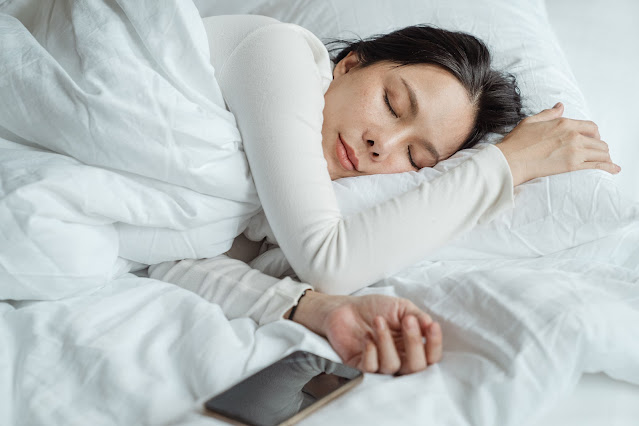Prioritize social interaction, especially face-to-face interaction.
Although phone calls and social media have their uses, nothing beats the stress-relieving and mood-enhancing benefits of spending quality face-to-face time with others.
Be active
Being physically active benefits the brain just as much as the body.
Regular physical activity or exercise can significantly improve your mental and emotional well-being, reduce stress, enhance memory, and sleep.
Contact Someone
Speak to a welcoming person. One of the best methods to relax and de-stress is through face-to-face social engagement with a caring individual.
Engage your Senses
Do you find it relaxing to listen to uplifting music? Squeezing a stress ball—does it make you feel more grounded? What about going for a stroll through the woods and taking in the sights and sounds of the trees? Everyone reacts to sensory input slightly differently, so try different things to see what suits you the best.
Be Kind to Yourself
It's simple to be harsh on yourself when you're depressed. Try being sympathetic even if you're not in the mood to give yourself praise or compliments.
And here's a little extra advice:
If you're really having trouble being kind to yourself, try being kind to someone else. then congratulate yourself for accomplishing it!
Exercise
Even a little stroll or a flight of stairs might help you feel less stressed and be more attentive. Exercise on a regular basis can improve mood, sharpen focus, and even help with anxiety and depressive symptoms.
Eat Well
Fruits and vegetables? Absolutely! wholesome food. Sure. Anything you consume in excess of 10 cups per day should be water. However, a healthy diet also entails a positive attitude regarding food. Try new cuisines, enjoy meals with friends, and refrain from developing a food compulsion.
Get the facts on eating disorders and take the crucial step of getting assistance if you do discover that your relationship with food is having an impact on your mental or physical health.
Sleep Well
The American Academy of Sleep Medicine advises teens to get between 8 and 10 hours of sleep per night, and adults ages 20 and older to get more than 7 hours. However, sleeping well also relates to the quantity and quality of your slumber.
Dr. Eleanor McGlinchey, a sleep health expert, advises waking up at the same time every day, including weekends and holidays. This little tip will ensure that you are operating and feeling your best on Monday morning by assisting you in overcoming the effects of jet lag.
Put the Screens to Sleep Before Bed
Research has shown that using screens right before bed can influence both the speed and quality of your sleep. The hormone that controls your sleep/wake cycle, melatonin, is impacted by the blue light from your smartphone.
Reading, texting, posting, and other activities keep your brain engaged when it ought to be settling down. And those texts you get in the middle of the night, oh yeah.
Simply give it a try. Breathe in slowly and deeply. Expand into your ribs, chest, and lungs after starting from your abdomen. Exhale slowly as well. Counting ("1, 2, 3, 4, 5") can be helpful.
Connect With Others:
Whether it's friends, family, pets, or just a quick kind hello, connecting with others can lift your spirits, prevent sadness and anxiety, and make you feel more at ease. Pay attention to the caliber rather than the number of your relationships and friendships. Keep the relationship going if someone makes you feel supported, joyful, useful, liked or loved, or any other pleasant sentiments.
List Your Favorite Ways to Unwind
It's one of those things that is simple to say but challenging to really do. Unwinding and staying calm can take practice. Make a list of suggestions for productive ways to relax. Step by step, try them out. When something works, try it again. Just remember that you're going for wellness.
Pills, alcohol, and other types of substance misuse are short-term remedies that won't help in the long run. Thus, remove them from the list. Add a picture or mental representation of a stunning location you hope to visit in the future.
Locate Support (and Provide Support)
Locate support if you or someone you know is struggling. This could be a friend or a relative. Or you could speak with a primary care physician, a counselor, or a mental health specialist.
Look for another support alternative that is better for you and your needs if the individual you meet isn't providing the support you require. Similarly to this, consider what you can do to be kind or supportive if a friend, relative, or another person you know is depressed.
Take Small Steps
You won't likely succeed if you try to accomplish everything at once. Set objectives before drawing the dotted line from point A to point B to point C. Take breaks along the route. You'll be grateful to yourself later.
Be Kind to Yourself: Yes, we've said it before. However, it bears reiterating.


